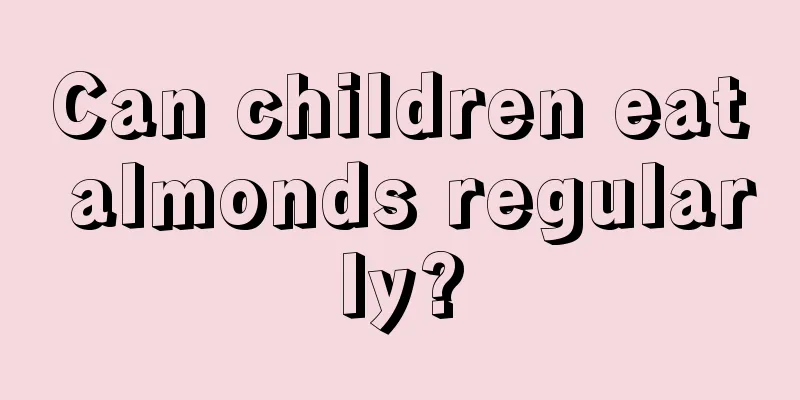Newborn baby crying and refusing to eat

|
Feeding a baby must be a very distressing thing for parents, and usually newborns are not very cooperative and always cry when feeding, which makes parents even more upset. But in fact, there are some reasons why babies refuse to drink milk and cry. Parents need to figure out these reasons before they can comfort the baby. So let's take a detailed look at what's going on when a newborn baby refuses to eat and cries? 1. Maybe the mother does not have enough breast milk or the baby is full Mothers can clearly understand how much milk a formula-fed baby consumes every day, but mothers often have no idea how much milk a breastfed baby can consume every day and whether he or she is full. Generally speaking, parents can judge whether their baby is full from the following aspects: (1) Has the baby gained weight? Is this normal? (2) Can the baby sleep soundly for two or three hours or play for a while after feeding? (3) Is the baby's stool normal yellow paste? (4) Does the baby feed for more than 30 minutes? Generally, the appropriate feeding time is 15 to 20 minutes. If the answers to the above questions are all yes, the mother does not need to worry, the baby should be full. Signs that a baby is not full include: green stools, crying after feeding, no weight gain or slow weight gain, etc. 2. The baby may have oral ulcers Some babies suffer from thrush, which causes them great pain when feeding and they may cry. Oral thrush is caused by a fungal infection, which is mostly transmitted through the birth canal in newborns or through contamination from unclean breastfeeding nipples or the mother's fingers. Mothers should carefully check their baby's tongue. If there are white spots, it may be thrush. 3. The baby may have a stuffy nose If the baby has a stuffy nose, it will affect feeding. The baby with a stuffy nose can only breathe through the mouth, and cannot breathe while feeding, so of course he will cry. 4. The baby may have indigestion Babies under 3 months old may suffer from functional indigestion due to their immature gastrointestinal tract, such as bloating, diarrhea, etc., and need careful care from their mothers. 5. It may be the baby's milk aversion period The baby's milk aversion period usually occurs between 3 and 6 months. Since the cause is still unknown, the baby usually abstains from milk. Parents are requested to pay special attention to the baby's eating habits to avoid poor growth and development. If the baby's aversion to milk is so severe that it affects his health, you can also ask the doctor to prescribe medication to help the baby's gastrointestinal motility and increase appetite. |
>>: What's wrong with the newborn's lower body?
Recommend
13 month old baby early education
Babies over one year old are already very cute. T...
What is the standard height and weight for a two and a half year old girl?
Children are the focus of the family from the mom...
Baby's pharyngitis has repeated fever
The health of the baby is the most basic wish of ...
How to treat rubella in children more effectively
When children are affected by rubella, of course ...
Tips for treating diarrhea caused by cold in babies
The baby's internal organs are delicate and t...
What to do if children have a cold, stuffy nose or runny nose
When children have a cold, many parents will be p...
Why do children urinate a lot?
Childhood is a relatively changeable period durin...
Is cupping OK for babies?
Cupping is the most commonly used method in tradi...
What are the folk remedies for children's tonsillitis?
If your child suffers from tonsillitis, you might...
Why do children's eyelashes easily prick their eyes?
As we grow up, we sometimes blink constantly or g...
What should I do if my baby has a fever of 39 degrees when teething?
We all know that teething is a relatively long pr...
What to do if children have a cold and cough
Many children have coughing symptoms. Although co...
What are the developmental status of the ten-month-old baby?
The development of babies has always attracted th...
What kind of soup is good for children in autumn?
Drinking soup is an indispensable eating habit in...
Newborn choking on milk
In our lives, newborns are particularly prone to ...









